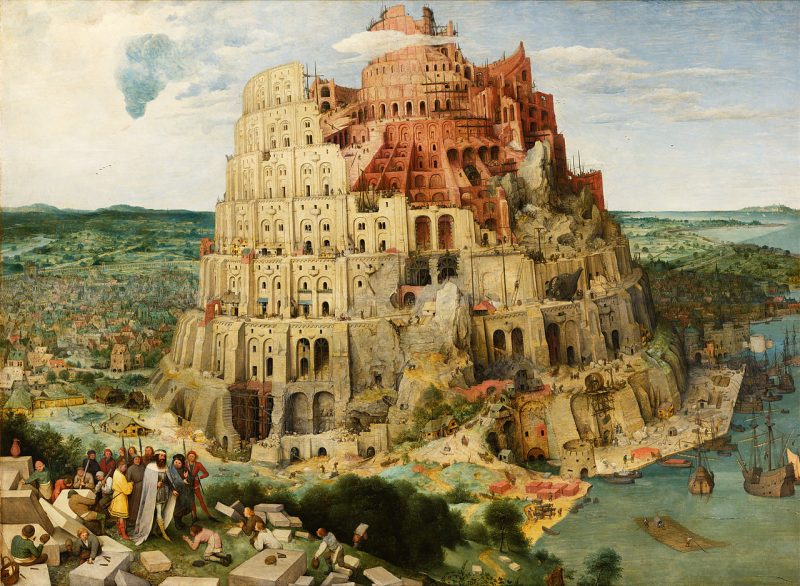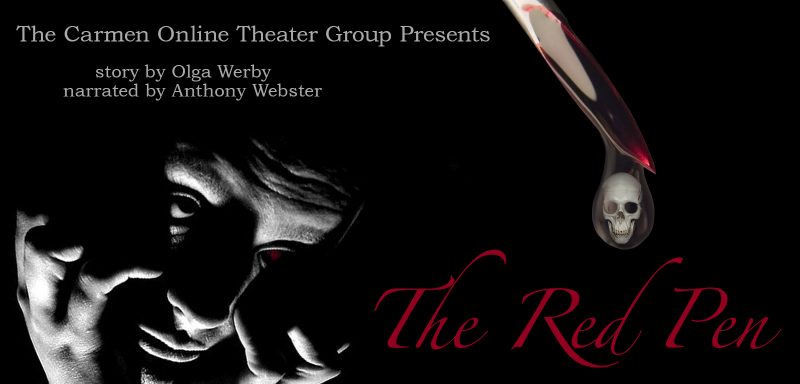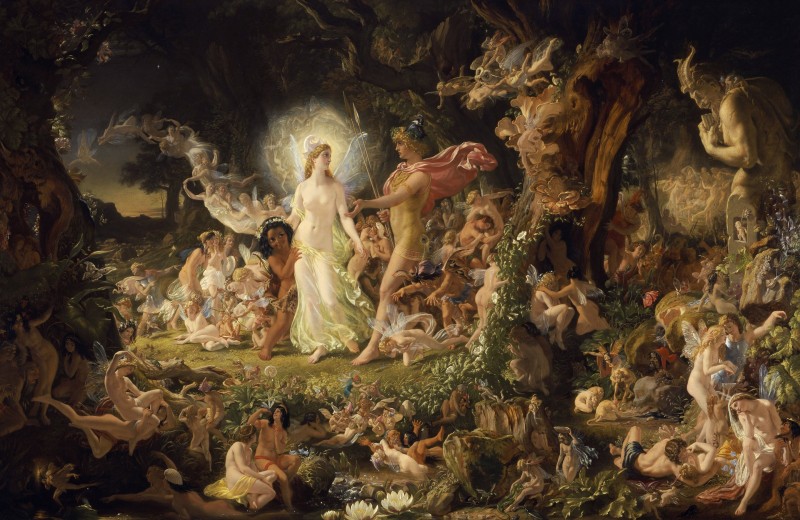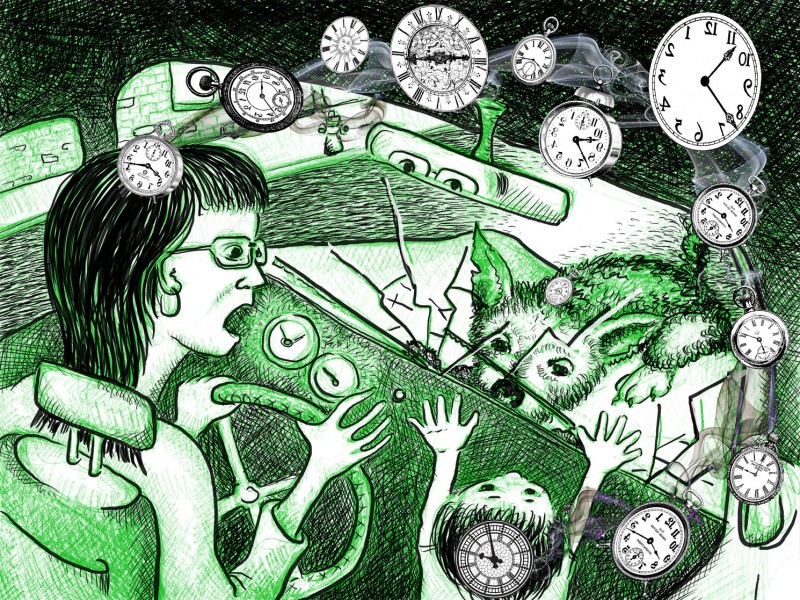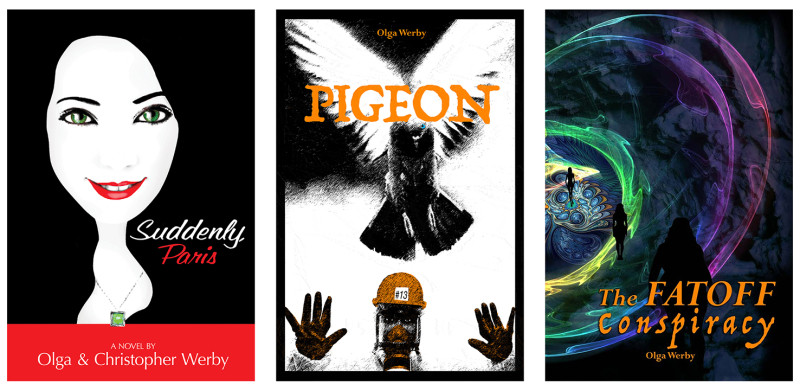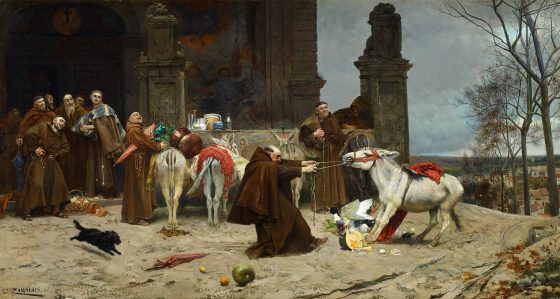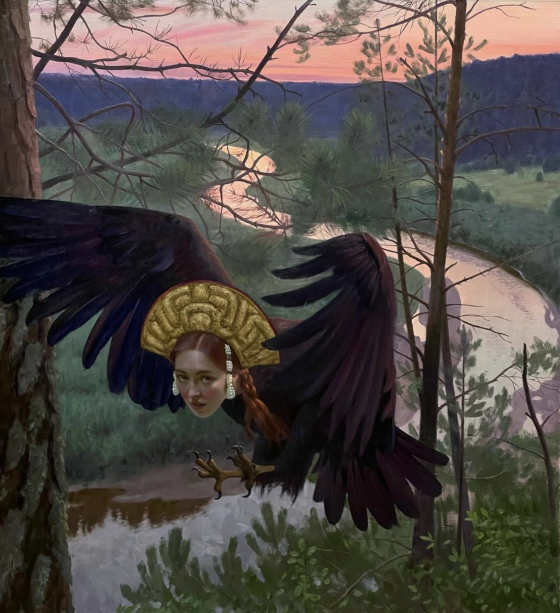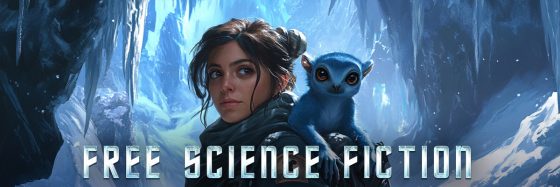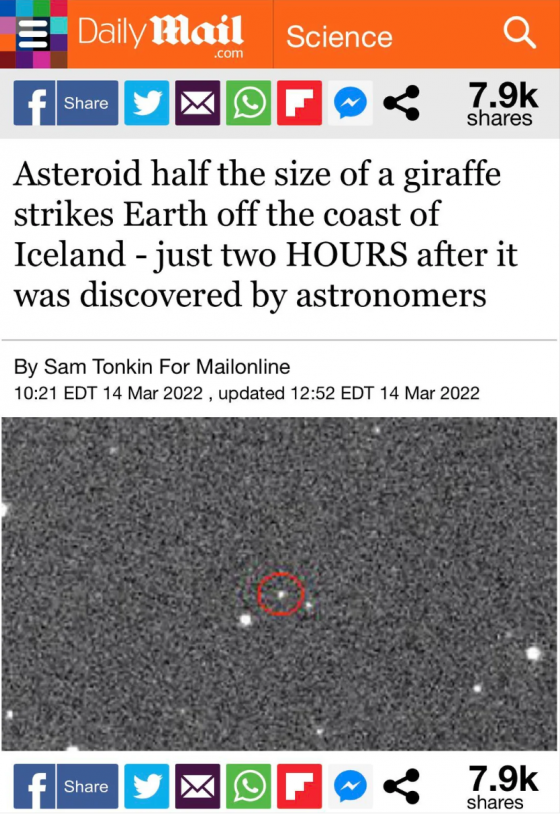
We live in a vast universe that spans enormous scapes of time and space. But humans evolved to understand information in relatable quantities at a human scale. We conceive landscapes mostly in chunks we can easily walk, connected loosely by strands of distances we can comfortably drive. We live in the now, but relate to the future in terms of a past that we dimly remember. We can make plans just within a very narrow scope of time — days, perhaps weeks. The future is always elusive and vague. We don’t comprehend spans of time outside of our experience. The span of a million years, ten million, a hundred million, or even just a thousand are concepts which we can intellectualize about but can’t really feel. Even in our interactions as members of a species, we can each just maintain a web of a few dozen relationships. Space, time, and human interactions are limited for us. We don’t process and, thus, don’t truly comprehend, information of large or very small scales that are beyond our direct experience. It’s not who we are as humans. This has all sorts of ramifications beyond the obvious. It’s why it’s easy for us to…
Read more →


